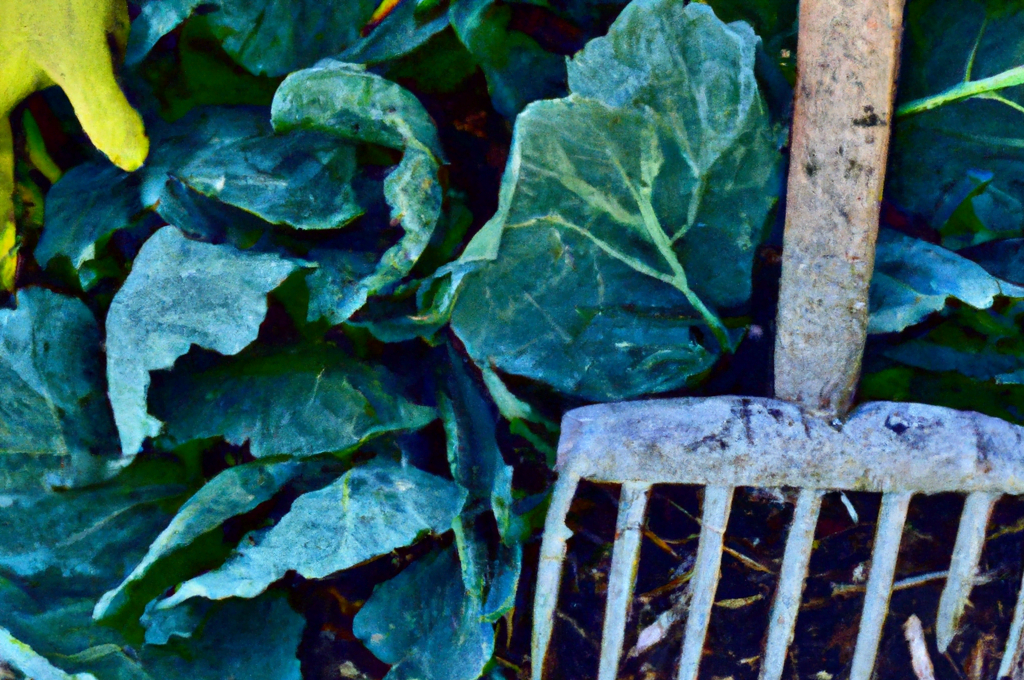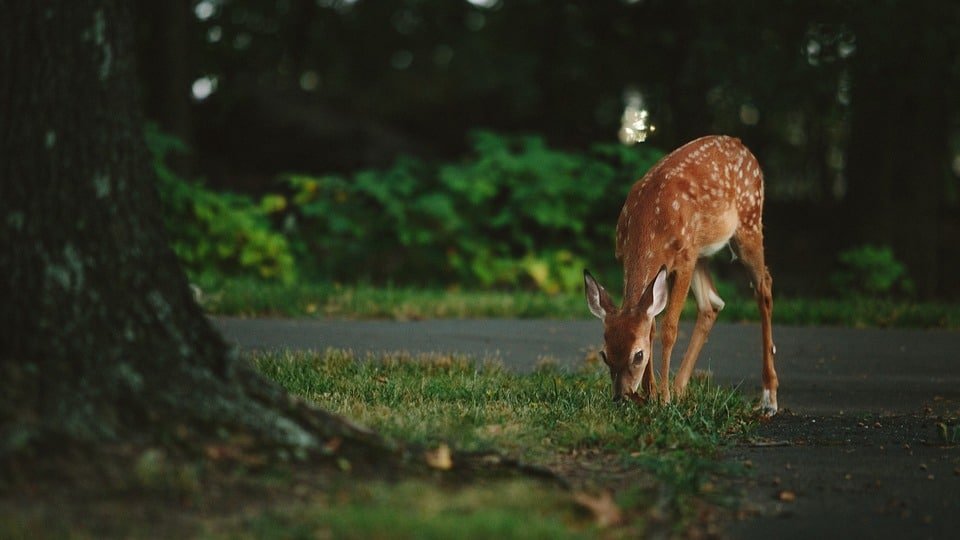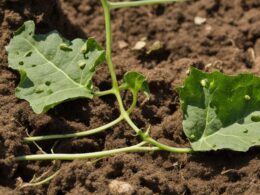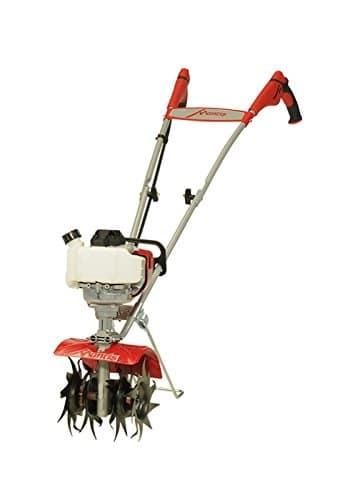Are you tired of throwing away your food scraps and yard waste, only to see them end up in a landfill?
What if I told you that you could turn that waste into a valuable resource for your garden?
Composting is a simple and effective way to reduce waste, improve soil health, and even save money on gardening expenses.
In this article, we will guide you through the basics of composting, from choosing a composting technique to understanding the benefits of composting.
We’ll show you how to transform your waste into nutrient-rich soil that will help your plants thrive.
With just a little effort, you can turn your garbage into gold and create a healthier environment for yourself and your community.
Let’s get started on the journey from waste to wealth with composting made easy.
Quick Summary
- Composting is a natural process that can take years in nature, but can be expedited through hot composting which can take as little as a month.
- Composting goes through 4 stages: mesophilic, thermophilic, cooling, and curing, with the curing phase ensuring any pathogens have died off.
- Tests and appearance determine compost maturity, with mature compost looking like dark, crumbly topsoil and having an earthy aroma.
- Composting can help to reduce waste and create nutrient-rich soil, improve soil structure and water retention, and reduce the need for chemical fertilizers.
Composting Basics
If you want to start composting, it’s important to know the basics. Composting time can vary depending on the technique and curing time.
Cold composting can take up to two years, while hot composting can take as little as a month. You can use a composting container or simply make a pile in a corner of your yard.
It’s also important to be aware of potential composting troubleshooting. If your compost pile isn’t breaking down as quickly as you’d like, make sure you’re using the right materials and regularly turning the pile to add oxygen.
Uncured compost can harm your plants, so make sure to allow for a proper curing phase. With a little patience and attention, you can turn your waste into a nutrient-rich soil amendment for your garden.
How Does Composting Bread Contribute to Making Composting Easy?
Composting bread for garden health simplifies the composting process. The natural decomposition of bread adds valuable nutrients and organic matter to the compost pile, enhancing its fertility. By breaking down bread scraps, you create a rich composting material that enriches the soil, promotes plant growth, and contributes to a sustainable gardening practice.
Composting Techniques
You can speed up the composting process by regularly turning the pile and using hot composting techniques. Turning the pile adds oxygen to the mix, which encourages the growth of thermophilic bacteria. These bacteria thrive in high temperatures and can break down organic matter quickly.
Hot composting can take as little as a month, compared to the up to two years it can take for cold composting. Indoor composting offers a convenient solution for those with limited outdoor space or colder climates. Vermicomposting, which involves using worms to break down organic matter, is a popular indoor composting technique.
The worms consume the organic material and produce nutrient-rich castings that can be used as fertilizer. Additionally, indoor composting allows for year-round composting and reduces the amount of waste sent to landfills.
Benefits of Composting
Get ready to see an improvement in your garden’s soil structure, water retention, and overall health by incorporating nutrient-rich compost into your gardening routine. Composting not only reduces waste sent to landfills but also provides an environmentally friendly way to create a natural fertilizer for your plants. As compost breaks down, it releases essential nutrients that plants need to thrive, such as nitrogen, phosphorus, and potassium. These nutrients are slowly released into the soil, providing a steady source of food for your plants.
To help you understand the benefits of composting, take a look at the table below. It shows the positive impact of composting on reducing waste and improving soil health. By composting, you not only help the environment but also create a sustainable way to improve the health of your garden. So, start composting today and see the difference it makes in your plants’ growth and the health of the planet.
| Benefits of Composting | Reducing Waste | Improving Soil | ||
|---|---|---|---|---|
| Provides natural fertilizer for plants | Reduces amount of waste sent to landfills | Increases soil structure | ||
| Slowly releases essential nutrients into soil | Reduces greenhouse gas emissions | Increases water retention | ||
| Attracts beneficial insects and organisms to garden | Reduces need for chemical fertilizers | Reduces erosion and runoff | ||
| Improves soil structure and water retention | Helps to create nutrient-rich soil | Promotes healthy plant growth | ||
| Reduces amount of waste sent to landfills | Helps to reduce water pollution | Increases biodiversity | Enhances carbon sequestration and reduces greenhouse gas emissions. |
Frequently Asked Questions
Can I compost meat and dairy products?
You can compost meat and dairy, but it’s not recommended due to the potential for attracting pests and causing unpleasant odors. Alternatives include vermicomposting or using a bokashi system.
How do I know if my compost pile is too wet or too dry?
Composting troubleshooting tip: Check your compost pile’s moisture. If it’s too wet, add dry materials and turn the pile. If it’s too dry, add water and mix. Proper moisture management ensures healthy compost.
Can I use compost in indoor potted plants?
Yes, you can use compost for indoor potted plants. Indoor composting and container gardening are great ways to reduce waste and create nutrient-rich soil. Just make sure the compost is mature and mixed with potting soil to avoid harming your plants.
How do I prevent rodents and pests from getting into my compost pile?
Preventing contamination and pests in your compost pile is important. Use natural pest control methods like adding wire mesh to the bottom of your pile and keeping it moist. Avoid adding meat, dairy, and oily foods.
Can I compost pet waste?
Composting pet waste has pros and cons. It can add nutrients to your compost, but it can also contain pathogens and attract pests. The best composting methods for pet waste include hot composting and using a separate compost bin away from your garden.









